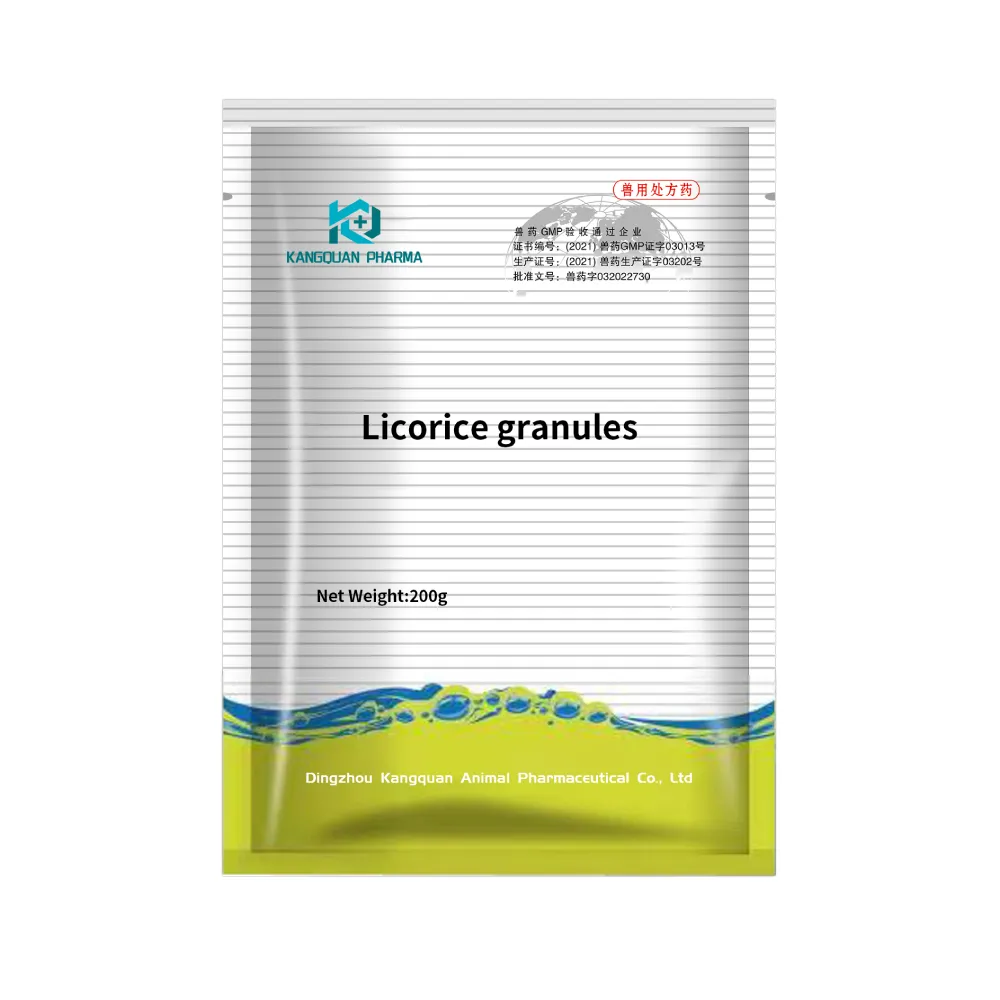- Afrikaans
- Albanian
- Amharic
- Arabic
- Armenian
- Azerbaijani
- Basque
- Belarusian
- Bengali
- Bosnian
- Bulgarian
- Catalan
- Cebuano
- Corsican
- Croatian
- Czech
- Danish
- Dutch
- English
- Esperanto
- Estonian
- Finnish
- French
- Frisian
- Galician
- Georgian
- German
- Greek
- Gujarati
- Haitian Creole
- hausa
- hawaiian
- Hebrew
- Hindi
- Miao
- Hungarian
- Icelandic
- igbo
- Indonesian
- irish
- Italian
- Japanese
- Javanese
- Kannada
- kazakh
- Khmer
- Rwandese
- Korean
- Kurdish
- Kyrgyz
- Lao
- Latin
- Latvian
- Lithuanian
- Luxembourgish
- Macedonian
- Malgashi
- Malay
- Malayalam
- Maltese
- Maori
- Marathi
- Mongolian
- Myanmar
- Nepali
- Norwegian
- Norwegian
- Occitan
- Pashto
- Persian
- Polish
- Portuguese
- Punjabi
- Romanian
- Russian
- Samoan
- Scottish Gaelic
- Serbian
- Sesotho
- Shona
- Sindhi
- Sinhala
- Slovak
- Slovenian
- Somali
- Spanish
- Sundanese
- Swahili
- Swedish
- Tagalog
- Tajik
- Tamil
- Tatar
- Telugu
- Thai
- Turkish
- Turkmen
- Ukrainian
- Urdu
- Uighur
- Uzbek
- Vietnamese
- Welsh
- Bantu
- Yiddish
- Yoruba
- Zulu
7 月 . 20, 2024 12:32 Back to list
Exploring the Use of Ivermectin Injection in Veterinary Medicine for Animal Health Management
Ivermectin Injection for Veterinary Use An Overview
Ivermectin is a versatile antiparasitic medication that is widely used in veterinary medicine. Originally derived from the bacterium *Streptomyces avermitilis*, it has revolutionized the treatment of various parasitic infections in animals. This article examines the uses, mechanisms, benefits, and considerations associated with ivermectin injection in veterinary practice.
Mechanism of Action
Ivermectin works by interfering with the neuromuscular functions of parasites. It binds to glutamate-gated chloride channels in invertebrates, leading to paralysis and death of the parasites. Additionally, it targets other ion channels, such as the gamma-aminobutyric acid (GABA)-gated chloride channels, which further enhances its efficacy. This dual action makes ivermectin effective against a wide range of parasites, including nematodes, arthropods, and even some protozoa.
Applications in Veterinary Medicine
Ivermectin is primarily used for the treatment and control of internal and external parasites in various species, including cattle, sheep, goats, horses, and dogs. In ruminants, it is effective against gastrointestinal roundworms, lungworms, and external parasites such as lice and mites. In equine practice, it is commonly used to treat strongyles and bots, while in companion animals, it is effective against heartworms and various ectoparasites like fleas and ticks.
Advantages of Ivermectin Injection
ivermectin injection for veterinary use

The injectable formulation of ivermectin has several advantages over oral formulations. First and foremost, it provides rapid onset of action, allowing for quick relief from parasitic infestations. The injection method ensures that the medication is delivered directly into the bloodstream, bypassing potential issues with absorption that can occur with oral administration, particularly in animals that may be reluctant to eat or have gastrointestinal problems.
Additionally, ivermectin’s long half-life allows for sustained efficacy in the animal’s system. This means that fewer doses may be required to control infestations, thus reducing the overall treatment cost and minimizing stress to the animals through repeated handling and administration.
Considerations and Precautions
While ivermectin is generally safe for use in most animals, there are important considerations to keep in mind. Certain breeds, particularly collies and other herding breeds, can exhibit extreme sensitivity to ivermectin due to a genetic mutation affecting drug metabolism. In these cases, ivermectin should be used with caution, and alternative antiparasitic medications may be more appropriate.
Moreover, it is essential to follow veterinary guidance regarding dosages and administration routes. Overdosing can lead to severe neurological side effects, and improper use may contribute to the development of drug resistance in parasites. Furthermore, veterinarians should always consider the potential for drug interactions with other medications the animal may be receiving.
Conclusion
Ivermectin injection remains a cornerstone in the management of parasitic infections in veterinary medicine due to its broad-spectrum efficacy, rapid action, and ease of administration. With careful consideration of the species-specific responses and potential genetic sensitivities, it can be utilized effectively and safely to enhance the health and welfare of livestock and companion animals alike. As with any medication, collaboration with a qualified veterinarian is crucial to ensure the best outcomes for animal health.
-
The Power of Radix Isatidis Extract for Your Health and Wellness
NewsOct.29,2024
-
Neomycin Sulfate Soluble Powder: A Versatile Solution for Pet Health
NewsOct.29,2024
-
Lincomycin Hydrochloride Soluble Powder – The Essential Solution
NewsOct.29,2024
-
Garamycin Gentamicin Sulfate for Effective Infection Control
NewsOct.29,2024
-
Doxycycline Hyclate Soluble Powder: Your Antibiotic Needs
NewsOct.29,2024
-
Tilmicosin Premix: The Ultimate Solution for Poultry Health
NewsOct.29,2024













